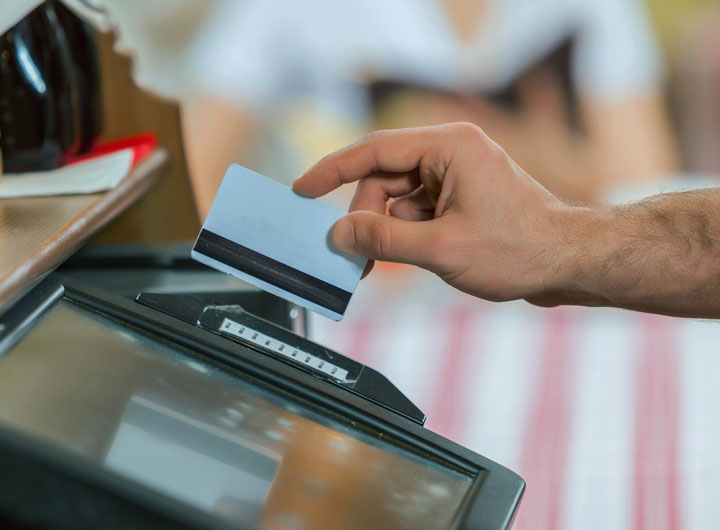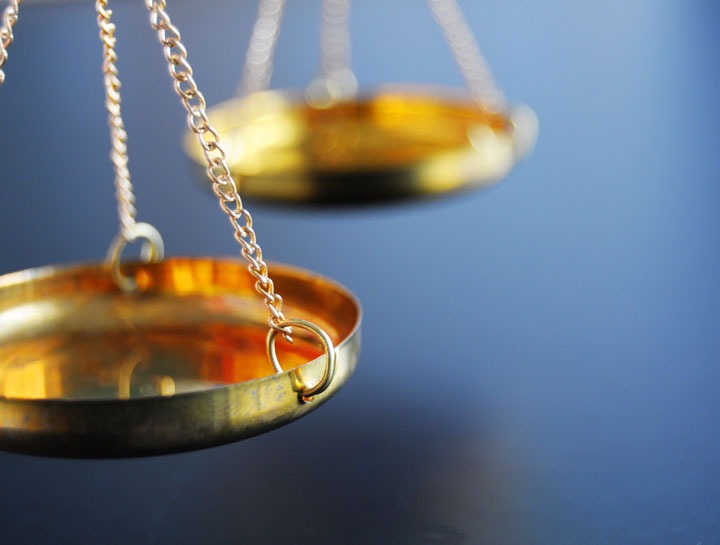Passwords
Arkansas consumers can use the Internet for almost everything. We have online bank accounts and online social profiles. We pay our bills online, we receive financial statements online and we even order take-out food online. Many consumers find it difficult to manage multiple passwords for each of these accounts. Out of convenience, many of us use the same or similar passwords for all of these accounts.
But beware. Secure passwords are essential to keeping your information private, protecting your family and safeguarding your money. While it may be convenient to use just one password for all of your online accounts, anyone who can hack that password can gain access to all of your online resources and that could mean trouble for you.
Tips:
- Create a unique password for each online account.
- Passwords should contain at least eight characters. Experts recommend a password length of 10 to 14 characters.
- Passwords should be complex and contain uppercase letters, lowercase letters, numbers and punctuation marks or special characters.
- Do not use your name or any part of your email address.
- Do not use the names of any relatives, pets, places you have vacationed or favorite books, bands, movies and TV shows. If someone were to visit your social networking profile, they might see this information and could use it to attempt to gain access to your financial information.
- Choose an especially strong password for websites that contain sensitive personal or financial information, such as bank accounts, PayPal and online retailers.
WiFi encryption
Advances in wireless internet allow us to surf the web from any room in our house, on a myriad of computers and mobile devices. Consumers must be vigilant about WiFi encryption, which protects in two ways. First, an encrypted WiFi network prevents others from viewing information you are sending and receiving. It helps protect private information such as account logins, passwords and credit card numbers. Second, it protects your network from piggybacking by unauthorized users. Two main types of encryption are available: WiFi Protected Access (WPA) and Wired Equivalent Privacy (WEP). The computer must use the same encryption as the router and other equipment. WPA is the strongest encryption currently available.
Tips:
- Consumers with wireless Internet routers at home should activate encryption features on those routers to make sure that other users cannot access your network and eavesdrop on your communications.
- Consult your wireless router manual to learn how to turn on the encryption feature.
- Most routers use a standard name and password when shipped from the factory. Hackers know these default passwords, which lets them access your network. You should change the default network name and password to prevent hackers from using the default password. The hardware identifier and preset password of a router should be changed so the defaults cannot be used in an attempt to access your home network.
- Piggybacking users could access illegal materials, or conduct large downloads that slow down your network.




